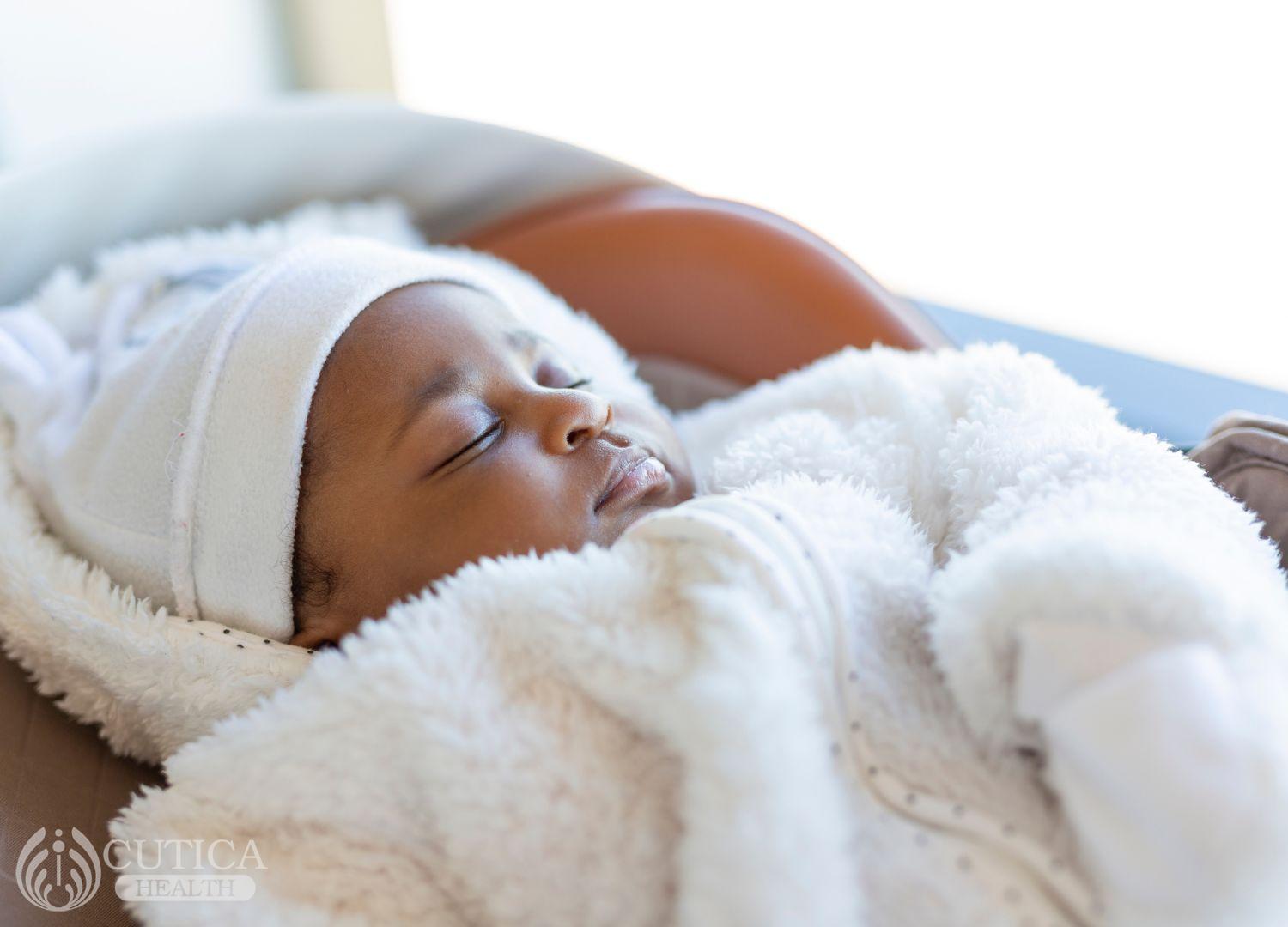Mary's baby's cries cut through the night. She quickly went to check on her two-month-old son, Jack. To her surprise, Jack felt warm, and his skin was flushed. Mary knew that something was wrong and immediately took Jack's temperature. The thermometer read 38.3°C, and Mary's heart sank. She knew that a fever could signify a serious infection in a newborn.
What is fever in a newborn?
An average body temperature for a newborn is between 36°C and 37.2°C. A temperature higher than 38°C is considered a fever and should be taken seriously. Newborns have an underdeveloped immune system, making them more vulnerable to infections. Fever in a newborn can be a sign of a severe illness, such as sepsis or meningitis.
Symptoms that may accompany fever in a newborn
In addition to an elevated body temperature, other symptoms that may be seen include:
- Flushed skin or sweating
- Irritability or fussiness
- Decreased appetite
- Rapid breathing or shortness of breath
- Sleepiness or lethargy
- Vomiting or diarrhea
- Seizures

Seek medical attention immediately if a newborn has any of these symptoms, with or without fever.
Causes of fever in a newborn
Fever in newborns can be caused by a variety of factors, including:
- Infections: Bacterial or viral infections can cause a fever. These infections can be acquired before, during, or after birth.
- Immunizations: Some newborns may develop a fever after receiving a vaccination. This is a normal reaction and should resolve within 24-48 hours.
- Teething: Some newborns may develop a fever when they are teething. This is also a normal reaction and should resolve on its own.
- Other medical conditions: Some medical conditions, such as a urinary tract infection, can cause a fever in newborns.
Diagnosis and treatment of fever in newborns
If a newborn has a fever, it is essential to seek medical attention immediately. A healthcare provider will perform a physical examination and ask about any symptoms the newborn is experiencing. They may also order teststo determine the cause of the fever.
The treatment for a fever in a newborn will depend on the cause. If an infection is the cause, antibiotics may be prescribed. If a vaccine reaction caused the fever, no treatment is necessary as the fever will resolve on its own. In some cases, over-the-counter medications, such as acetaminophen, may reduce fever.
Prevention of fever in newborns
Some steps can be taken to reduce the risk of fever in newborns, including:
- Wash hands frequently to prevent the spread of germs.
- Keep newborns away from individuals who are sick with a fever to prevent the spread of germs.
- Keep vaccinations up-to-date.
- Practice safe sleeping habits, such as placing newborns on their backs to sleep and using a firm, flat sleep surface.

Conclusion
Fever in a newborn can be a sign of a severe illness and should not be taken lightly. Seek medical attention right away. By following proper hygiene practices and keeping vaccinations up-to-date, parents can reduce the risk of fever in their newborns.
